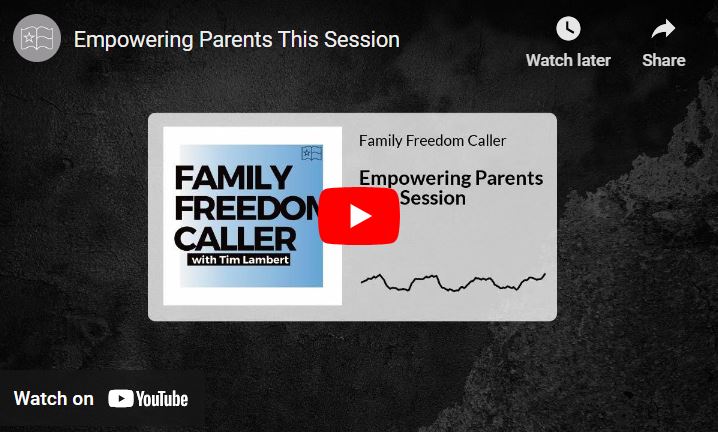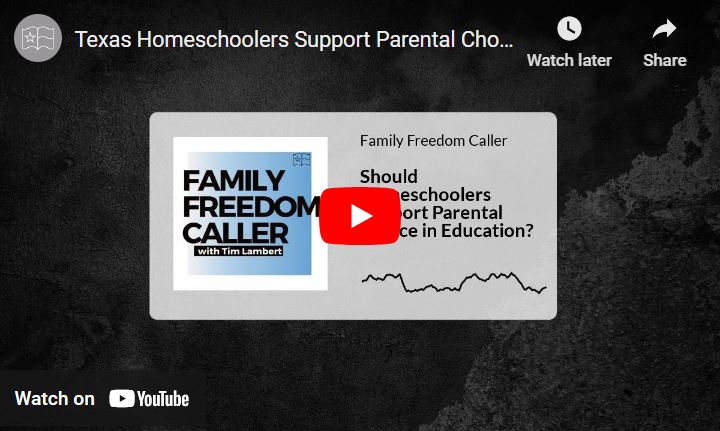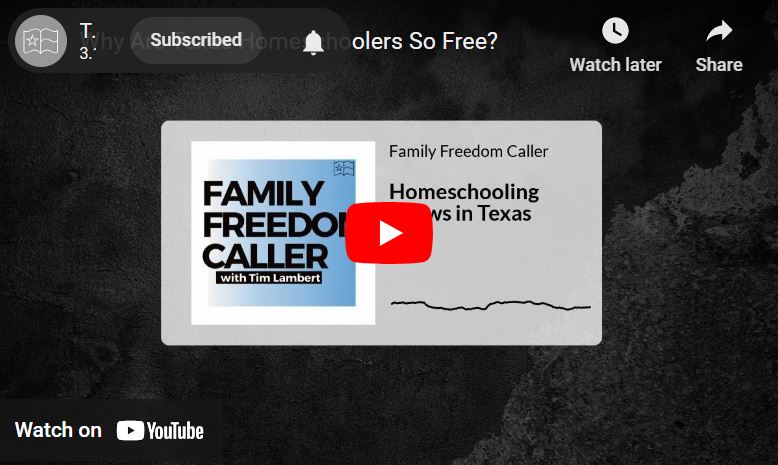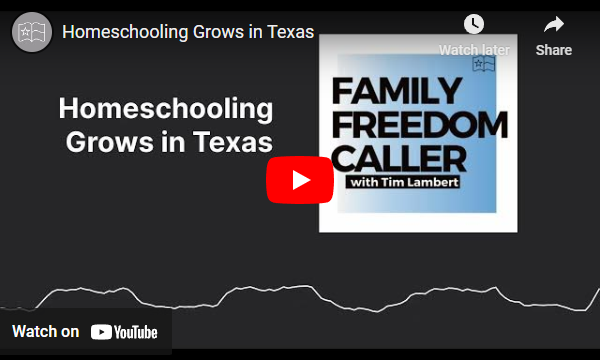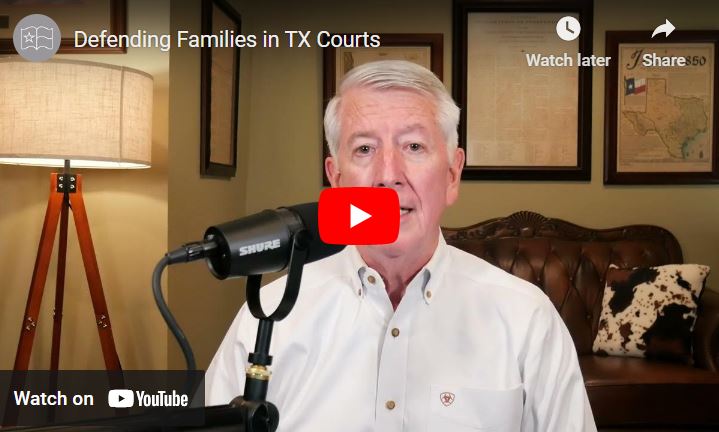- February 16, 2021—Black History Month and Homeschooling
- February 2, 2021—Using Contentious Elections to Teach History in Your Homeschool
Black History Month and Homeschooling
February is Black History Month and a wonderful time to discuss the amazing growth of homeschooling among families of color. While African-American families often decide to homeschool for different reasons than do white families, it still comes down to the fact that they are choosing to take direct control of their children’s education.
According to the University of Georgia, “More African-American families, particularly in the South, are choosing to homeschool their children because of the lack of Black history in public school curricula, as well as the disproportionate disciplining of Black students. Although homeschooling has the reputation of being a predominantly white enterprise, new statistics suggest that African American and Latino families make up a rapidly growing number of homeschoolers.”
I recently viewed an amazing video on Dr. Thomas Sowell who is an African-American intellectual and prolific writer who as an economist has had a truly great impact on education.
This video shows Sowell in his own words talk about his education in Harlem in New York City in the 1930s and his intellectual journey from a self-professed Marxist to a proponent of freedom and giving parents control of their children’s education.
Interestingly, Dr. Sowell shares that what changed his view on government control was a summer internship with the U. S. Department of Labor in which he came face to face with the fact that government employees had an agenda that was not in the best interest of the people they claimed to serve.
It is a great story and I highly recommend it to you all as we celebrate Black History Month in 2021.
Using Contentious Elections to Teach History in Your Homeschool
As we begin a new year, I’m thinking about 2020 and the election that many are calling “unprecedented.”
However, it was not so unprecedented.
There have been other elections in the United States that were tumultuous as well.
A great article by Chuck DeVore points out other elections that were similar in some ways.
He discusses the very close election of 1960 and the litigation that continued into 1961, as well as the 1876 election that was perhaps as contentious as the election of 2020.
Many others had opinions on what the result of the election meant.
This discussion is just one example of how homeschooling gives parents and families the time and opportunity to educate themselves and their children in the process.
We often learn a lot as we find information on both sides of an issue and work out the conflict between them.
Our family often had lively discussions about politics and world affairs that were taken from the headlines of the day.
As a result, we learned to ask questions and examine the facts to see if the headlines were correct or the opinion columns made sense to us.
The result was that we enjoyed time together as a family. We learned about a variety of topics and issues, and we learned that it was okay to question “conventional wisdom.”
Many homeschool families don’t seek to shield their children from information or opinions they disagree with.
Rather, they present all sides of a discussion and come to a conclusion that makes sense based on their family’s worldview and the facts.
It’s okay to disagree if we do so in an agreeable manner!
- February 16, 2021—Black History Month and Homeschooling
- February 2, 2021—Using Contentious Elections to Teach History in Your Homeschool
Black History Month and Homeschooling
February is Black History Month and a wonderful time to discuss the amazing growth of homeschooling among families of color. While African-American families often decide to homeschool for different reasons than do white families, it still comes down to the fact that they are choosing to take direct control of their children’s education.
According to the University of Georgia, “More African-American families, particularly in the South, are choosing to homeschool their children because of the lack of Black history in public school curricula, as well as the disproportionate disciplining of Black students. Although homeschooling has the reputation of being a predominantly white enterprise, new statistics suggest that African American and Latino families make up a rapidly growing number of homeschoolers.”
I recently viewed an amazing video on Dr. Thomas Sowell who is an African-American intellectual and prolific writer who as an economist has had a truly great impact on education.
This video shows Sowell in his own words talk about his education in Harlem in New York City in the 1930s and his intellectual journey from a self-professed Marxist to a proponent of freedom and giving parents control of their children’s education.
Interestingly, Dr. Sowell shares that what changed his view on government control was a summer internship with the U. S. Department of Labor in which he came face to face with the fact that government employees had an agenda that was not in the best interest of the people they claimed to serve.
It is a great story and I highly recommend it to you all as we celebrate Black History Month in 2021.
Using Contentious Elections to Teach History in Your Homeschool
As we begin a new year, I’m thinking about 2020 and the election that many are calling “unprecedented.”
However, it was not so unprecedented.
There have been other elections in the United States that were tumultuous as well.
A great article by Chuck DeVore points out other elections that were similar in some ways.
He discusses the very close election of 1960 and the litigation that continued into 1961, as well as the 1876 election that was perhaps as contentious as the election of 2020.
Many others had opinions on what the result of the election meant.
This discussion is just one example of how homeschooling gives parents and families the time and opportunity to educate themselves and their children in the process.
We often learn a lot as we find information on both sides of an issue and work out the conflict between them.
Our family often had lively discussions about politics and world affairs that were taken from the headlines of the day.
As a result, we learned to ask questions and examine the facts to see if the headlines were correct or the opinion columns made sense to us.
The result was that we enjoyed time together as a family. We learned about a variety of topics and issues, and we learned that it was okay to question “conventional wisdom.”
Many homeschool families don’t seek to shield their children from information or opinions they disagree with.
Rather, they present all sides of a discussion and come to a conclusion that makes sense based on their family’s worldview and the facts.
It’s okay to disagree if we do so in an agreeable manner!

